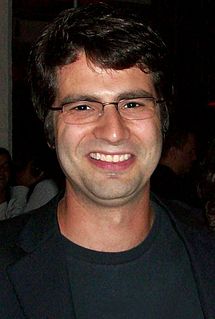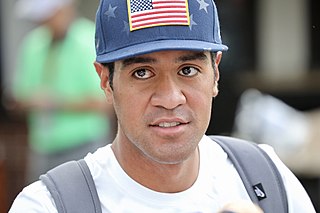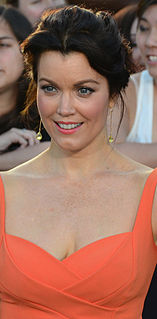A Quote by Adrian Tomine
I think there's a lot of evolution that's happened in intangible ways, in terms of how I think about the work or how I plan it out.
Related Quotes
We became Homo sapiens not that long ago, from the scientific perspective, and we've retained a lot of our beast nature. We've done all these amazing things in terms of our knowledge base and technology, and now we're flying around and using the internet. But we're still very animalistic. So, I think about hierarchies. I think about evolution. I think about how we stack up, how we sit on top of each other. How we pray that we know what we're up to.
Listen, I know how old I am and that I'm just a shoulder injury from losing roles like the one in Taken. So I stay with the training, I stay with the work. It’s easy enough to plan jobs, to plan a lot of work. That's effective. But that’s the weird thing about grief. You can’t prepare for it. You think you’re gonna cry and get it over with. You make those plans, but they never work.
When you think of power, you think the state has power. When you look at it in terms of revolution, in terms of the state, you think of it in terms of Russia, the Soviet Union, and how those who struggled for power actually became victims of the state, prisoners of the state, and how that led to the dissolution of the Soviet Union. We have to think of revolution much more in terms of transitions from one epoch to another. Talk about Paleolithic and Neolithic.
I close my eyes and I take a deep breath and I think about my life and how I ended up this way. I think about the ruin, devastation and wreckage I have caused to myself and to others. I think about self-hatred and self-loathing. I think about how and why and what happened and the thoughts come easily, but the answers don't.
To spend any time with someone who is among the top five film composers of the last 50 years is pure gold dust. I mean, not necessarily stylistically, because everyone is different in what their music sounds like, but the approach and how to look at a film, how to think about a film, how to decide what you want to do, how to think about characters, how to think about art, how to think about narrative, how to liaise with producers, how to liaise with directors.
I had a lot of fantasies about being an architect when I was young, and I think I still do. On a visceral level, I'm very intellectually and emotionally attracted to acknowledging how space functions in our lives, both in terms of pleasure and in terms of control, and in terms of all those factors that form a life. I'm also very anxious and maybe repulsed by how superficial that whole dialogue can become.
When you think of power, you think the state has power. When you look at it in terms of revolution, in terms of the state, you think of it in terms of Russia, the Soviet Union, and how those who struggled for power actually became victims of the state, prisoners of the state, and how that led to the dissolution of the Soviet Union. We have to think of revolution much more in terms of transitions from one epoch to another.
I think moral philosophy is speculation on how we ought to live together done by people who have very little clue how people work. So I think most moral philosophy is disconnected from the species that we happen to be. In fact, they like it that way. Many moral philosophers insist that morality grows out of our rationality, that it applies to any rational being anywhere in the universe, and that it is not based on contingent or coincidental facts about our evolution.
When you think of everything in terms of just money, then almost nothing is enough. I mean, how much money is enough? Because it's hard to translate money into goods. And I think people, once, I think there's a lot things can believe, and once they start thinking about wealth in terms of money, they lose the idea of enough-ness.


































